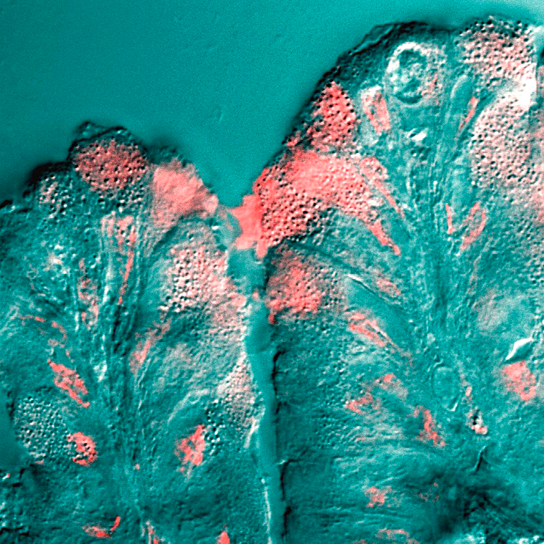
A surface mucous cell bordering on the stomach lumen secretes mucus (pink stain). Credit: Public Library of Science Journal
It turns out that mucus may not be just a messy side effect of colds and sickness. Biological engineers at MIT are exploring the antiviral properties of mucins, a component of mucus, and found that mucus is the body’s first line of defense, allowing nutrients to enter and keeping out pathogens such as certain dangerous viruses and bacteria.
Mucus often elicits strong revulsion, but to MIT biological engineer Katharina Ribbeck, it is a fascinating material.
“Without it, we wouldn’t be able to smell, we wouldn’t be able to reproduce, and we would all be the victims of pathogens,” says Ribbeck, who studies the antiviral properties of mucins, the main component of mucus.
Mucus, which coats wet surfaces in the bodies of all animals, is the body’s first line of defense. It allows nutrients, other vital molecules and sperm to enter, but keeps out pathogens such as certain dangerous viruses and bacteria. Ribbeck, the Eugene Bell Career Development Assistant Professor of Biological Engineering, is trying to figure out how mucus achieves this selectivity. Of particular interest is the role of mucins, the major building blocks of mucus.
“Oftentimes they’re regarded as inert scaffold elements, but the picture that is emerging is that they really have an active function in the body’s defense system,” Ribbeck says.
A better understanding of mucins’ immune function could shed light on why certain people are more susceptible to viral or bacterial infections, Ribbeck says. Mucin composition can differ between people, and it also varies depending on factors such as a person’s age, diet and the time of year.
Previous research has shown that mucins — long threadlike proteins with many sugar molecules attached — are abundant in breast milk, protecting infants against viruses such as rotavirus and HIV. To find out if this antiviral role was more general, Ribbeck tested mucins’ ability to block three different viruses from entering cells.
For this study, which appeared in a recent issue of the journal Biomacromolecules, Ribbeck and her students created a gel from purified mucins. The researchers coated human epithelial cells with a layer of this gel and then exposed them to human papilloma virus, influenza A and Merkel cell polyomavirus. All three viruses were trapped in the mucin gel, preventing them from infecting the cells.
The work is “a very logical extension” of previous studies showing that mucins protect the lining of the stomach from being consumed by digestive enzymes found in the stomach, and from bacteria in the stomach, says Shyamsunder Erramilli, professor of physics at Boston University. “It’s a wonderful testament to this amazing molecule,” says Erramilli, who was not involved in this study.
Ribbeck speculates that the viruses are trapped by the sugar molecules found on mucins. Mucin-bound sugars are similar to those on cell surfaces, which viruses normally latch onto. This similarity would allow these molecules to serve as decoys that capture viruses before they reach their destinations.
In their study, funded by the National Institutes of Health, the researchers also found that salt has a strong effect on how effectively mucins block viral entry. High salt concentration makes the mucins less penetrable, which offers a possible explanation for why gargling or rinsing the nasal passages with salt water often soothes cold or flu symptoms, Ribbeck says. The researchers are now investigating how salt enhances mucins’ performance.
Ribbeck also plans to study how viruses manage to overcome the defensive mucus barrier. She suspects that bacteria may act as accomplices, breaking down the sugars found in mucin and clearing the way for viruses to get through. Also, viruses may hitch a ride with bacteria as they make their make through the mucus layer. Once viruses infect cells, they can return the favor by shutting down many of the body’s immune defenses, giving bacteria a better chance to establish their own infections.
Though the researchers looked at three specific viruses in this study, they believe mucins should have the same protective effects against most viruses. Because of that, purified or synthetic mucins could make good antiviral additives to personal hygiene products, Ribbeck says. Purified mucins are already used as an ingredient in artificial saliva, and at least one cosmetic company uses them in high-end moisturizers (for their moisturizing properties, not their antiviral effects).
Mucins might also be beneficial additives to infant formula. “This is one vexing problem with formula — it doesn’t have the components of the immune system of the mother. The protective mucins may help here,” Ribbeck says.
Reference: “Mucin Biopolymers As Broad-Spectrum Antiviral Agents” by Oliver Lieleg, Corinna Lieleg, Jesse Bloom, Christopher B. Buck and Katharina Ribbeck, 4 April 2012, Biomacromolecules.
DOI: 10.1021/bm3001292


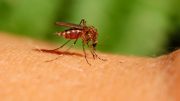

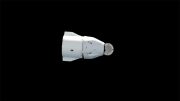
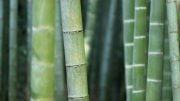
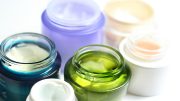


Viruses piggybacking on bacteria to mutually benefit each other is interesting. By this viruses escape sticking on to’ mucins’ and find its way into the cell to start its production. Simultaneously they help bacteria to survive from immune system of cells to protect the life of bacteria. This article is magnificent in explaining the medical uses of mucous which is generally hated by us and also highlighting the two villains joining hands in helping each other in destroying the cells. Clinical studies in this area will really be beneficial to mankind. Thank You.